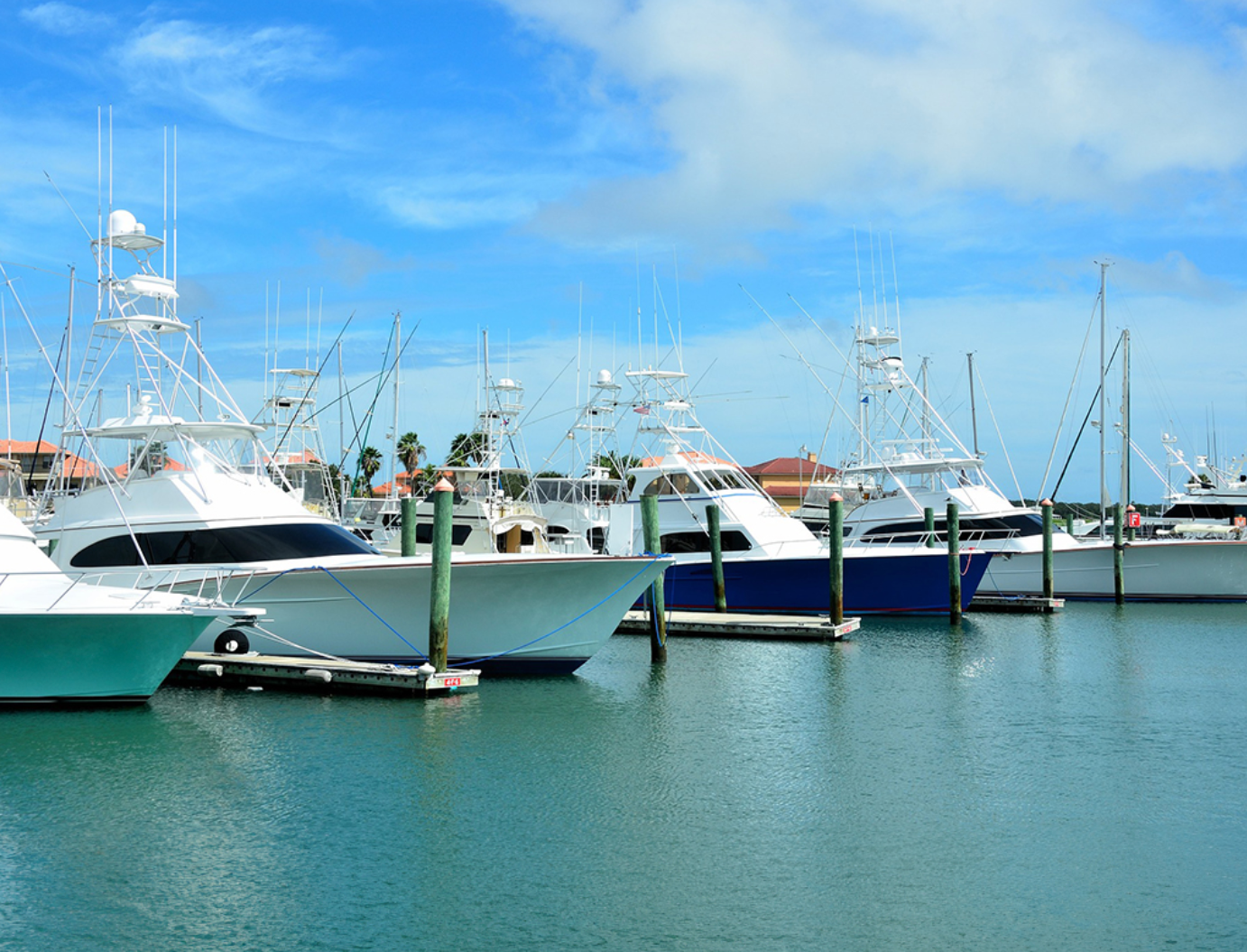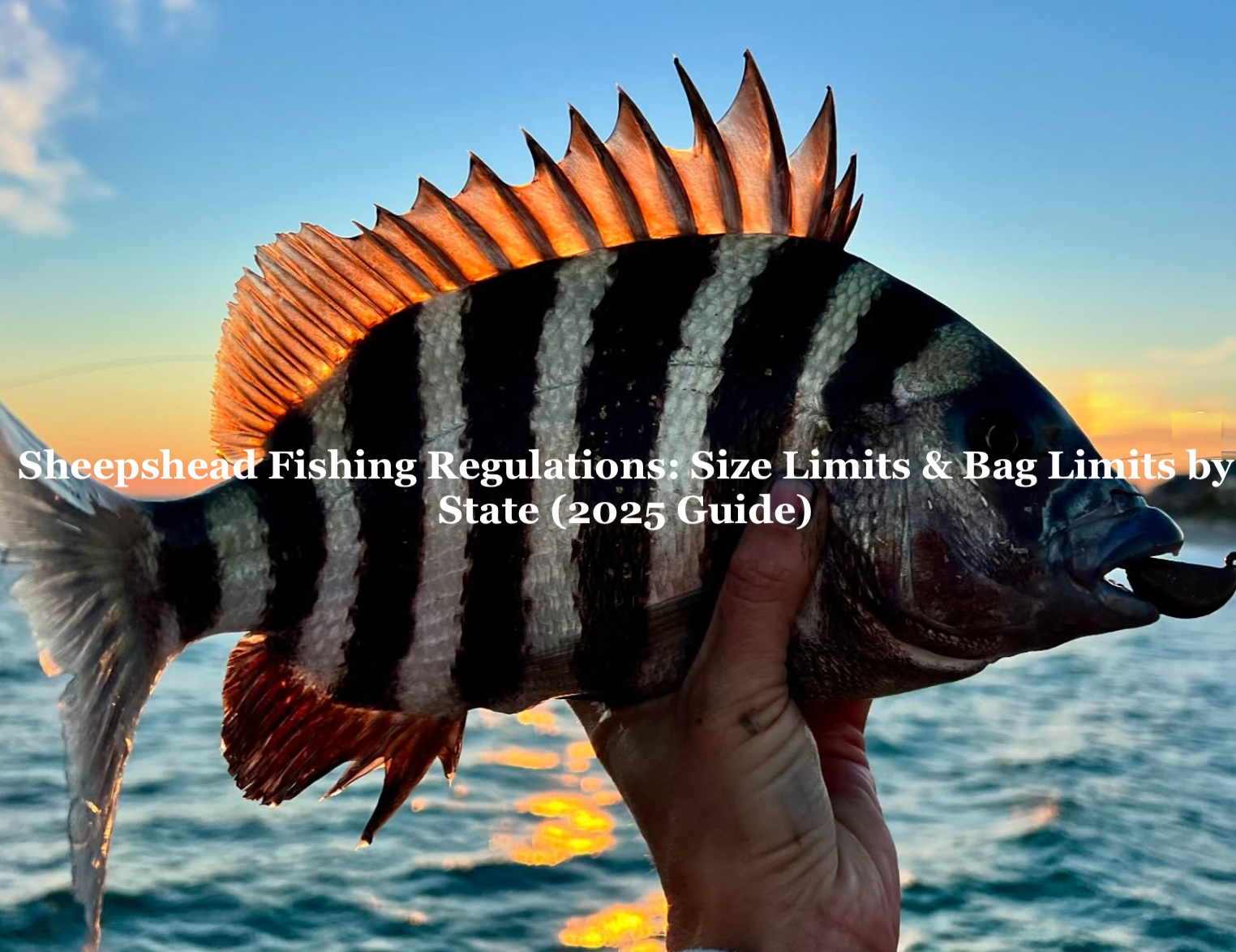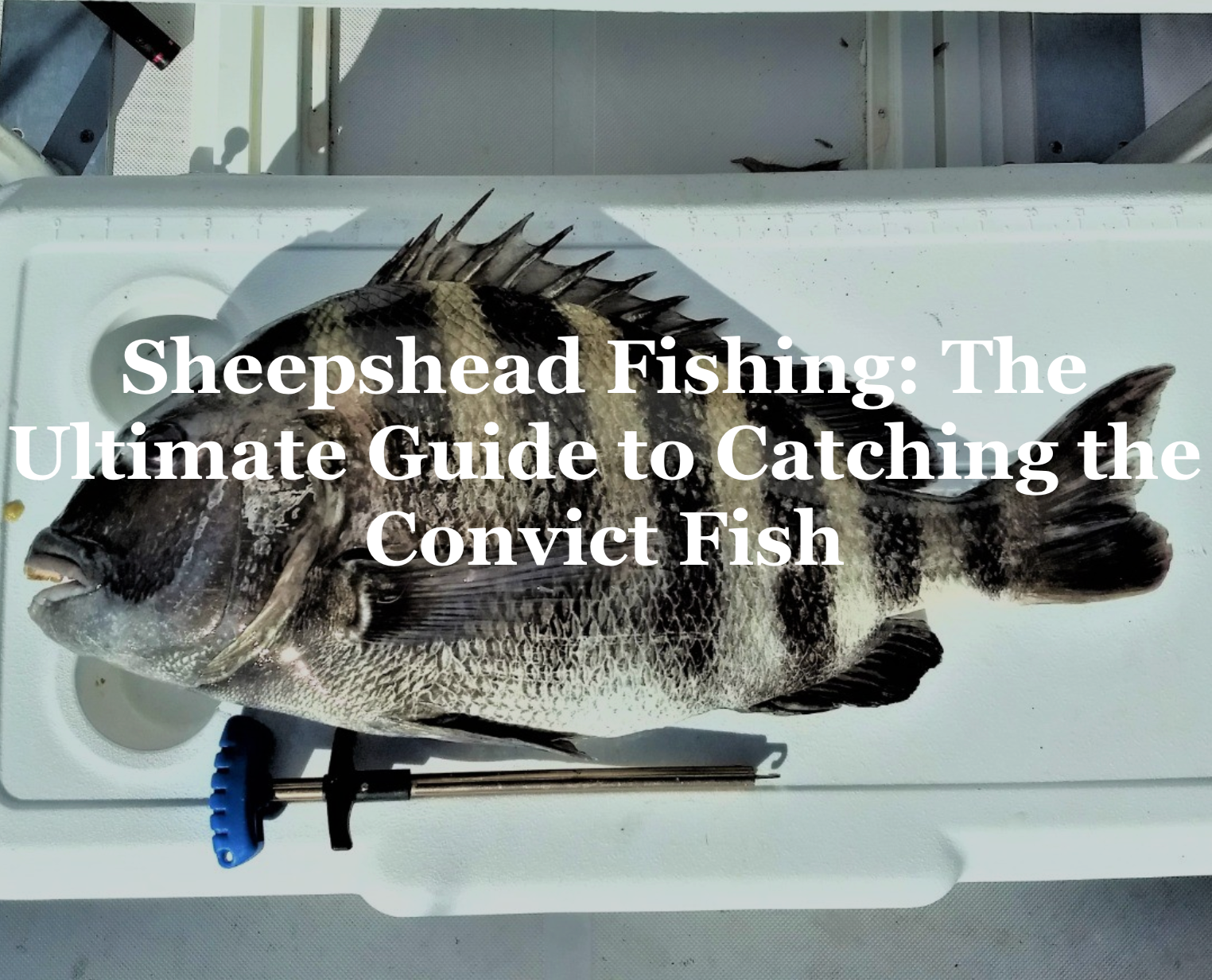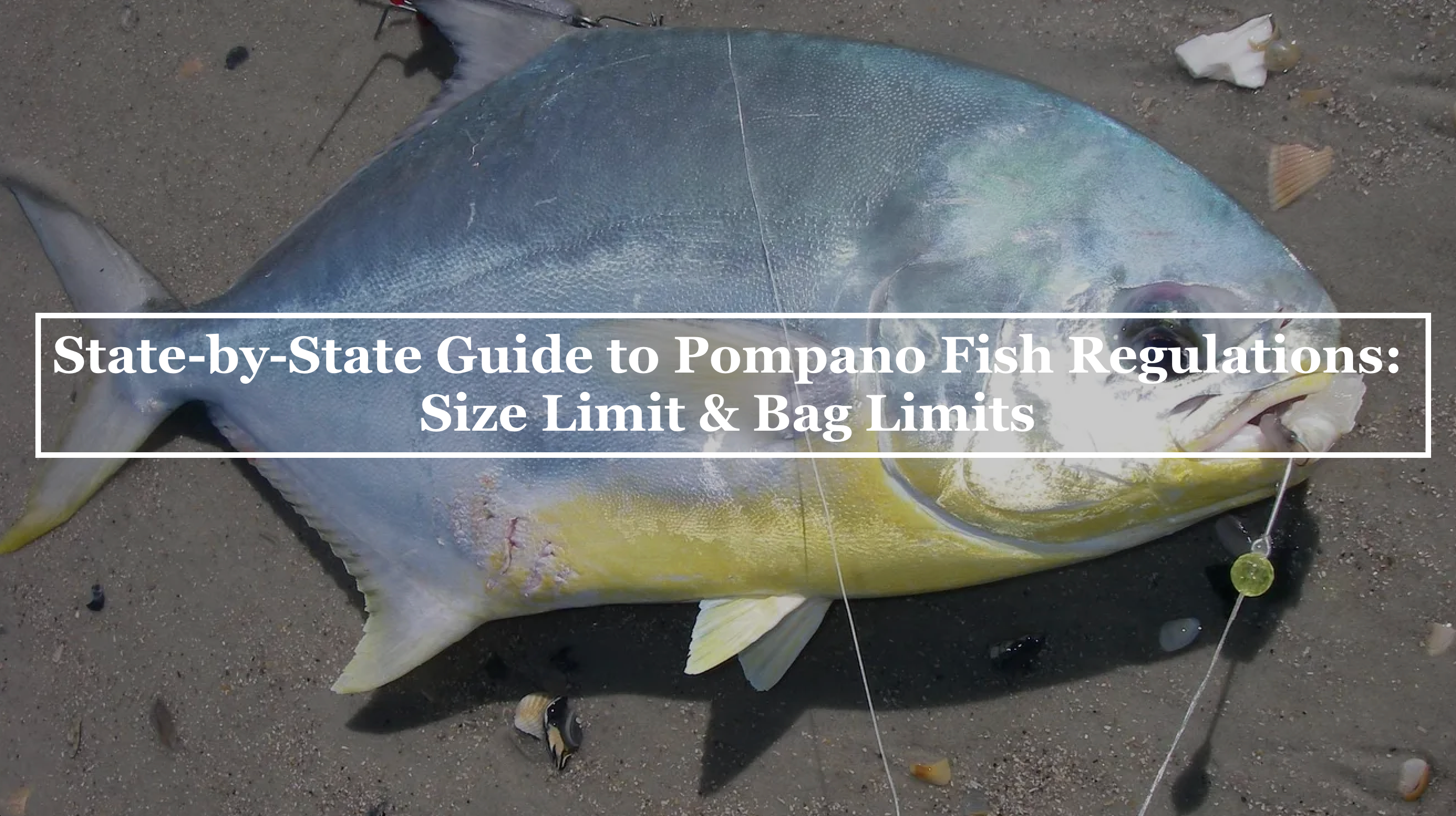Florida is the fishing and boating capital of the world. Its long coastline and numerous amounts of rivers and lakes make it a premier destination for fishing enthusiasts. Whether you’re targeting snook in Tampa Bay or bass in Lake Okeechobee, a valid Florida fishing license is essential for legal and responsible fishing. This comprehensive guide covers who needs a license, types and costs, where to buy, exemptions, regulations, and tips to ensure a seamless fishing experience. With clear information and practical advice, this is your go-to resource for fishing in Florida.
Why a Fishing License Matters

Fishing licenses fund the Florida Fish and Wildlife Conservation Commission’s (FWC) efforts to manage and conserve Florida’s fisheries, supporting projects like artificial reefs, boat ramps, and research. By purchasing a license, you contribute to sustainable fishing, ensuring healthy ecosystems for future generations. The FWC enforces strict regulations to prevent overfishing, and non-compliance can lead to fines or environmental harm. This guide helps you navigate the licensing process and stay compliant with 2025 rules.
Do I Need a Florida Fishing License?

Most anglers aged 16 and older require a fishing license to fish in Florida’s freshwater or saltwater, whether from shore, a boat, or a kayak. This includes assisting with fishing activities like baiting hooks or setting gear. Here’s a breakdown of who needs a license:
-
Residents: Ages 16–65 must have a license for freshwater or saltwater fishing.
-
Non-Residents: Ages 16 and older need a license, with short-term options available.
-
Youth: Under 16 are exempt but can purchase a youth license valid until age 17.
-
Seniors: Florida residents 65+ fish for free with proof of age and residency (e.g., Florida driver’s license or ID).
-
Military Personnel: Residents on leave for 30 days or less are exempt with military orders.
-
Disabled Individuals: Those certified as totally and permanently disabled by the Agency for Persons with Disabilities or with a Florida Resident Disabled Person Hunting and Fishing Certificate are exempt.
-
Assistance Program Recipients: Residents eligible for food stamps, Medicaid, or temporary cash assistance can fish saltwater from shore without a license, with proof from the Department of Children and Families.
Exemptions
You may not need a license in the following cases:
-
Charter or Pier Fishing: Licensed for-hire vessels or piers cover anglers’ licenses.
-
Homestead Fishing: Residents fishing on their homestead (or their spouse’s/minor child’s) in their county of residence.
-
Free Fishing Days: License-free days for freshwater (April 5–6, June 14–15, 2025) and saltwater (check FWC’s free fishing days).
-
Private Ponds: Freshwater fishing in ponds ≤20 acres with no public water connection.
-
Cane Pole Fishing: Residents using poles/lines without retrieval mechanisms in their home county (excludes fish management areas).
-
Georgia Border Waters: A valid Georgia fishing license is accepted in St. Mary’s River or Lake Seminole, provided you launch and return in the same state.
Always carry proof of exemption (e.g., ID, military orders) to avoid fines. For details, visit FWC’s exemption page.
Free Fishing Days
Florida offers license-free fishing days to encourage new anglers:
-
Freshwater: April 5–6 and June 14–15, 2025
-
Saltwater: Check FWC’s website for 2025 dates
During these days, you can fish without a license, but all other regulations (e.g., size and bag limits) still apply.
Types of Florida Fishing Licenses

Florida offers a variety of licenses tailored to different fishing needs, including saltwater, freshwater, and combination options. Below are the main types for 2025:
Saltwater Fishing Licenses
-
Annual Saltwater Fishing License: Covers fishing in oceans, bays, lagoons, and inshore waterways.
-
5-Year Saltwater Fishing License: Long-term option for residents.
-
Saltwater Shoreline License: Free for residents fishing from shore or structures (not vessels or by swimming/diving).
-
Youth Saltwater Fishing License: Optional for ages 8–15, valid until 17th birthday.
Freshwater Fishing Licenses
-
Annual Freshwater Fishing License: For fishing in lakes, rivers, and canals.
-
5-Year Freshwater Fishing License: Long-term option for residents.
-
Youth Freshwater Fishing License: Optional for ages 8–15, valid until 17th birthday.
Combination Licenses (Residents Only)
-
Saltwater/Freshwater Combo: Covers both types of fishing at a reduced cost.
-
Saltwater/Freshwater/Hunting Combo: Includes hunting permits.
-
Gold Sportsman’s License: Comprehensive license including saltwater, freshwater, hunting, and various permits (e.g., archery, deer).
-
Military Gold Sportsman’s License: Discounted for active duty or retired military residents.
-
Silver Sportsman’s License (64+): For residents 64+, includes freshwater, hunting, and select permits.
Special Permits

Certain species or activities require additional permits:
-
Snook Permit: $10 annual, $50 five-year (residents); required to harvest snook.
-
Lobster Permit: $5 annual, $25 five-year (residents); for spiny lobster fishing.
-
Tarpon Tag: $51.50; required to land tarpon, available at tax collector’s offices.
-
State Reef Fish Angler Designation: Free; mandatory for anglers 16+ targeting reef fish (e.g., snapper, grouper) from private vessels.
-
Blue Crab Trap Registration: Free; required for harvesters 16+ using blue crab traps.
-
Stone Crab Trap Registration: Free; required for harvesters 16+ using stone crab traps.
-
Shore-Based Shark Fishing Permit: Free; required after completing an educational course.
Cost of Florida Fishing Licenses

License costs vary based on residency and duration. Below is a table of 2025 prices, including a 50¢ issuance fee per Florida Statute:
|
License/Permit Type |
Resident |
Non-Resident |
|---|---|---|
|
Annual Saltwater Fishing |
$17.00 |
$47.00 |
|
5-Year Saltwater Fishing |
$79.00 |
N/A |
|
Annual Freshwater Fishing |
$17.00 |
$47.00 |
|
5-Year Freshwater Fishing |
$79.00 |
N/A |
|
Saltwater/Freshwater Combo (Annual) |
$32.50 |
N/A |
|
Saltwater/Freshwater/Hunting Combo (Annual) |
$48.00 |
N/A |
|
Gold Sportsman’s License (Annual) |
$100.00 |
N/A |
|
Gold Sportsman’s License (5-Year) |
$494.00 |
N/A |
|
Military Gold Sportsman’s License (Annual) |
$20.00 |
N/A |
|
Silver Sportsman’s 64+ (Annual) |
$13.50 |
N/A |
|
Silver Sportsman’s 64+ (5-Year) |
$61.50 |
N/A |
|
Youth Saltwater/Freshwater (Ages 8–15) |
$17.00 |
$17.00 |
|
Snook Permit (Annual) |
$10.00 |
N/A |
|
Snook Permit (5-Year) |
$50.00 |
N/A |
|
Lobster Permit (Annual) |
$5.00 |
N/A |
|
Lobster Permit (5-Year) |
$25.00 |
N/A |
|
Tarpon Tag |
$51.50 |
$51.50 |
|
State Reef Fish Angler Designation |
Free |
Free |
|
Blue Crab Trap Registration |
Free |
Free |
|
Stone Crab Trap Registration |
Free |
Free |
|
Shore-Based Shark Fishing Permit |
Free |
Free |
Note: Additional handling fees apply for online ($2.25 or $1.75 + 2.95% surcharge) or phone ($6.25 + 2.95% surcharge) purchases. All sales are final, with no refunds.
How to Buy a Florida Fishing License

Purchasing a fishing license is quick and convenient. Here are your options:
-
Online: Visit GoOutdoorsFlorida.com for instant access. Create an account, select your license, and pay securely. Licenses are emailed or available via the Fish|Hunt FL app.
-
In-Person: Available at county tax collector’s offices, sporting goods stores (e.g., Walmart, Bass Pro Shops), and bait and tackle shops. Tax collector’s offices are the most cost-effective, avoiding extra service fees.
-
Phone: Call 1-888-347-4356 (FISH-FLORIDA) to purchase over the phone.
-
Mobile App: Download the Fish|Hunt FL app (search “FWC” in app stores) to buy, renew, and store licenses digitally.
Tips:
-
Buy in advance to avoid delays, especially for visitors.
-
Opt for a hard card (credit card-style license) for an additional fee to carry multiple licenses/permits.
-
Always carry your license or digital proof while fishing.
How to Renew a Florida Fishing License
Annual licenses are valid for 12 months from the purchase date. To renew:
-
Check your license’s expiration date on your license card or online at GoOutdoorsFlorida.com.
-
Renew via the same methods as purchasing: online, in-person, phone, or the Fish|Hunt FL app.
-
Set a reminder to renew annually to avoid lapses, especially for residents with 5-year licenses.
Florida Fishing Regulations for 2025

Fishing regulations protect Florida’s fisheries by setting size limits, bag limits, and seasonal closures. Regulations vary by species and region, so always check the FWC website or Fish Rules App before fishing.
Saltwater Fishing Regulations
Key species regulations for 2025 (state waters: 3 miles offshore in the Atlantic, 9 miles in the Gulf):
-
Red Snapper: 16" minimum; 2 fish per person; Gulf season includes May 24–July 31 and various fall dates (check FWC’s red snapper page).
-
Grouper: Varies; e.g., gag grouper (24" minimum, 2 per person within 4-grouper aggregate) closed Jan 1–Apr 30 in Gulf.
-
Amberjack (Greater): 34" fork length (Gulf), 28" (Atlantic); 1 per person; closed Jan 1–Aug 1 in Gulf.
-
Spotted Seatrout: 15"–19" slot, 1 over 19" per vessel; bag limits vary by zone (e.g., 3 in Southwest).
-
Red Drum: 18"–27" slot; 1 per person, 4 per vessel in some regions; catch-and-release in Indian River Lagoon.
-
Snook: 28"–33" (Gulf) or 28"–32" (Atlantic); 1 per person; seasons vary (e.g., Mar 1–Apr 30 in Tampa Bay); snook permit required.
-
Tarpon: Catch-and-release; 1 per year with $51.50 tag; must remain in water during release.
-
Spiny Lobster: 3" carapace; 6 per person; sport season Jul 30–31, regular season Aug 6–Mar 31; lobster permit required.
-
Stone Crab: 2 7/8" claw; 1 gallon per person or 2 gallons per vessel; season Oct 15–May 1.
-
Bay Scallops: 2 gallons whole or 1 pint meat per person; season varies by county (e.g., Aug 16–Sep 24 in Gulf).
Note: Federal waters (beyond state limits) have stricter rules; check NOAA Fisheries for details.
Freshwater Fishing Regulations
Key species regulations for 2025 (valid through June 30, 2025):
-
Black Bass: 5 fish daily bag limit; only 1 over 16" in most areas; no minimum size.
-
Crappie: 25 fish daily bag limit; no minimum size.
-
Bluegill/Redear Sunfish: 50 fish combined daily bag limit; no minimum size.
-
Catfish: No bag limit for most species.
-
Tilapia: No bag or size limits (non-native).
-
Suwannee Bass: No take from Wakulla River headsprings to St. Marks River confluence.
-
Shoal Bass: Catch-and-release in Chipola River and tributaries.
For region-specific rules, visit FWC’s freshwater regulations.
Fines and Penalties for Fishing Without a License

Fishing without a valid license can result in:
-
First Offense: Minimum $50 fine, plus the cost of the required license.
-
Repeat Offenses: Higher fines and potential license suspension.
-
Additional Violations: Fines for exceeding bag limits or fishing during closed seasons vary by species.
To avoid penalties, always carry your license and check regulations before fishing.
Tips for First-Time Anglers in Florida

-
Choose the Right License: Select saltwater, freshwater, or combo based on your fishing plans. Visitors should consider short-term licenses.
-
Plan Ahead: Buy your license online at GoOutdoorsFlorida.com before your trip.
-
Know Your Species: Check size and bag limits for target species using the Fish Rules App.
-
Fish Responsibly: Practice catch-and-release for species like tarpon to support conservation.
-
Explore Top Spots: Try Lake Okeechobee for bass, Tampa Bay for redfish, or the Florida Keys for tarpon.
-
Stay Updated: Regulations change annually; use the Fish|Hunt FL app or FWC website for real-time updates.
Fishing in Georgia Border Waters
For waterways like St. Mary’s River or Lake Seminole, which straddle the Florida/Georgia border:
-
A valid Georgia fishing license is accepted if you launch and return in Georgia.
-
A Florida license is required if you launch or return in Florida.
-
Always clarify your launch and return points to ensure compliance.
Additional Resources
-
FWC Website: MyFWC.com for licenses, regulations, and FAQs.
-
Fish|Hunt FL App: Download from app stores for license management and updates.
-
NOAA Fisheries: Fisheries.NOAA.gov for federal water regulations.
Fishing in Florida is a rewarding experience, from chasing snook in the mangroves to battling bass in inland lakes. A valid fishing license ensures you’re fishing legally while supporting conservation efforts. With options for residents, non-residents, and youth, plus easy purchasing methods, getting licensed is simple. Stay informed about 2025 regulations using the FWC website, and always carry your license. Enjoy your time on Florida’s waters, and fish responsibly!






Share:
Boat Safety Equipment: Your Guide to Staying Safe on the Water